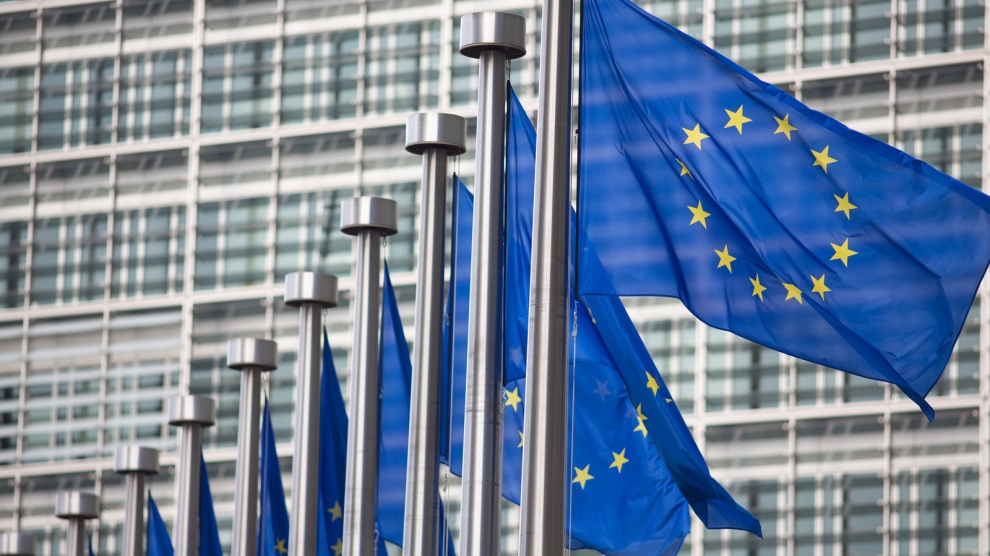The European Commission has said that new EU budget for 2021-2027 will be equivalent to 1.1 to 1.2 per cent of EU gross national income. It should include new sources of revenue and cuts in cohesion spending to cover the hole left by Britain’s departure from the bloc and, most importantly, should be linked to governments respecting the rule of law.
“Budgets are not bookkeeping exercises – they are about priorities and ambition,” said Jean-Claude Juncker, president of the European Commission. “They translate our future into figures. So let’s first discuss the Europe we want. Then, member states must back their ambition with the money to match. And whilst we all need to understand that business as usual is not an option for this upcoming discussion, I firmly believe that we can square the circle and agree on a budget where everyone will be a net beneficiary.”
This ‘rule of law’ proposition is not a new notion and it has been discussed for some time and Věra Jourová, EU Justice Commissioner, was tasked by the EU’s executives back in January 2018 with developing a definition for the rule of law.
“On May 2, along with the draft of the long-term EU budget for the period after 2020, the European Commission will present an idea how to tie the transfer of all funds (not only from cohesion policy) to the rule of law,” Commissioner Jourová told Polish newspaper Rzeczpospolita in mid-February.
The stance that the EU has taken on compliance with the rule of law was further backed-up by Commissioner Günther H. Oettinger, who, when talking to a journalist in Brussels, confirmed that discussions were taking place with member states regarding imposing conditions on EU funding, which would give grounds for the EU to reclaim funding from those members that do not adhere to fundamental EU values, in particular on the rule of law.
“The commission’s lawyers have already begun work on the legislative description of this mechanism and the draft of the relevant regulations. The mechanism will include the necessity of an independent and effective justice system that would guarantee an effective fight against corruption and abuse while using EU funds, and an effective audit system,” Ms Jourová told Rzeczpospolita.
This will also include the role of the European Public Prosecutor’s Office (EPPO), to which only 20 members have signed up. Amongst those countries which have not signed up are Poland and Hungary. According to Ms Jourová, participating in the EPPO will be important in implementing criteria for the use of EU funding. She also added that it would be difficult for countries to refuse the introduction of the proposed mechanism, as it would mean that there is conflict with the rule of law.
Officials in Brussels also indicated that in principle, compliance with the rule of law could be applied to all EU policies, but all financial conditionality would have to be precise and propositional. It will also be necessary to consider the impact of a possible violation of basic values or the rule of law at a national level on individual beneficiaries of EU funds, such as Erasmus students, researchers or civil society organisations.
This adoption of reform and compliance with the rule of law could be attributed to the recent problems the EU has had with some member states, such as Poland, Hungary, Czech Republic and more recently Romania.
Joanna Kopcińska, spokesperson of the Polish government, told the state-owned TVP network that “the government is not afraid of the EC proposal on the EU budget post 2020.” She added that governments need to know how the rule of law will be assessed by the EU in individual member states.
Based on the current situation it would appear that Poland is in an unfavourable position and could be severely affected by the changes. However, the commission still holds out hope.
“The channels of dialogue are permanently open and I think there is a very good chance that the Polish position will evolve a bit closer to ours, and our position will slowly move towards the Polish,” said Mr Junker.






Add Comment